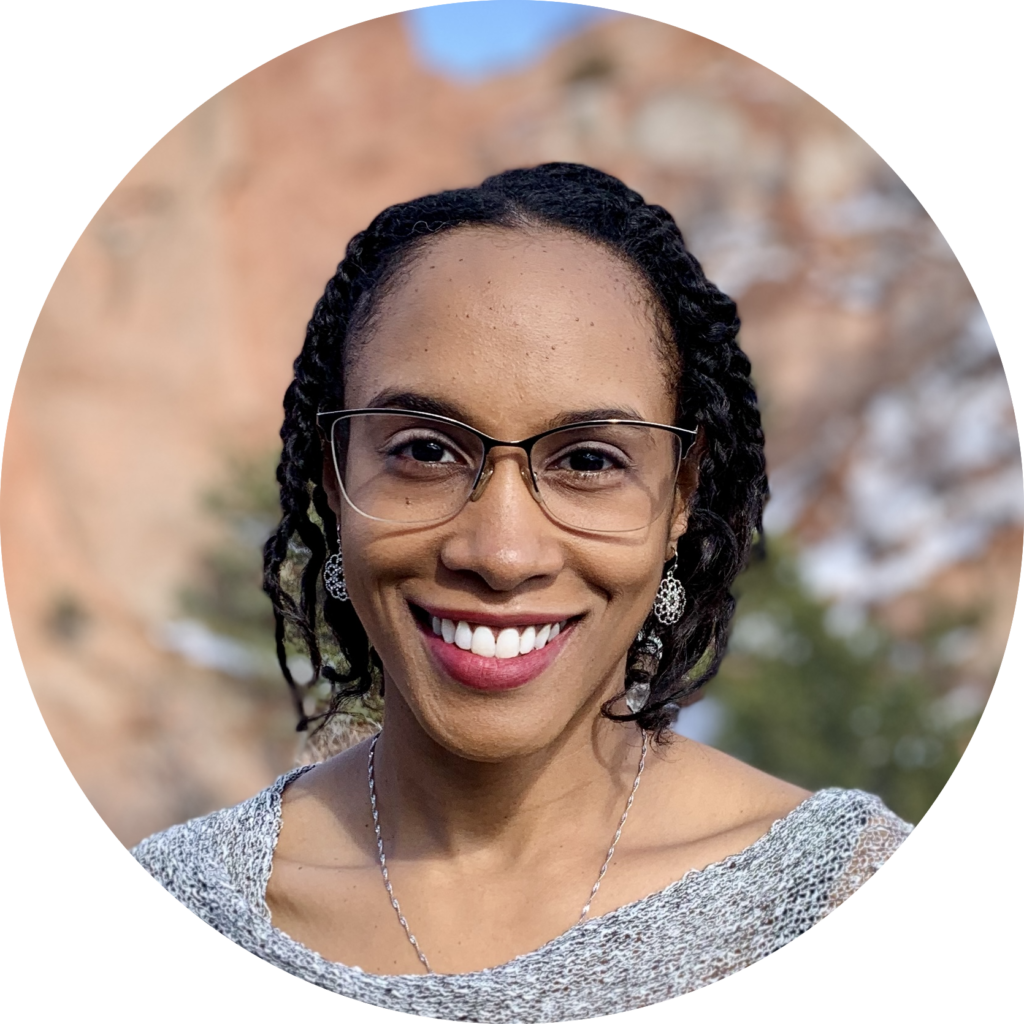
Last week, I was tagged on Twitter X to respond to the above post.
I read it and clicked off, “not worth my time.”
Then I thought about it. I pulled up the post again. “Different gestation periods. Different anatomy. Different environments before and during pregnancy.”
Mm.
Different Gestation Periods
The average human gestation period is 40 weeks.
Preterm births are defined as births prior to 37 weeks gestation.
Black women in the United States experience a 50% higher preterm rate than White and Hispanic women. Meaning: they are more likely to experience a shorter gestation period than White women. Since preterm birth data in 2007 (1), Black babies in the United States have the highest preterm delivery rates. So…in terms of preterm births based on race…Black women experience a higher risk of having a “different” (albeit, shorter) gestation period than White women.
Ugh…what else…
Different anatomy
In the Journal of Ethnicity and Disease, Arline Geraniums, ScD first proposed the ‘Weathering Hypothesis’ in 1992 to explain that risks of pregnancy complications were higher in Black women who waited longer to give birth than White women as a result of systemic racism and poverty.
At the Yale School of Medicine (2), Kayla Yup wrote: “high levels of stress hormones can be toxic for Black women’s bodies, especially if the women are repeatedly pushed into a fight or flight state by prejudice, marginalization, institutional bias, and oppression.”
In acute situations, high level of stress hormones increase our heart rate, blood pressure, and releases glucose in our bloodstream to give us the energy that we need to protect ourselves.
In chronic situations or stress from pregnancy, a constantly elevated heart rate, blood pressure, and blood glucose changes the body’s chemistry, organ function, and anatomy.
This could very well support the statement that Black women under the Weathering Hypothesis have a “different anatomy” during pregnancy than White women.
Well hell…what’s next..
Different environments before and during pregnancy
Gaaaa…I can’t really argue with this one…
In 2022, the United States Census Bureau’s longest running survey revealed a record low poverty rate for Black Americans. 17.1% of Black people living in the United States were living below the poverty line compared with 8.6 percent of White people (3). Different environments? Bish please. Totally. From housing to transportation access, to childcare, to support at home, to access to nutritional food…yeah.
Welp – the person who tagged me was definitely hoping to get a reaction that was pure disgust with the original post…
Yet, I took time to consider what it meant for the women who were discharged from the hospital within a day or 2 after they gave birth without the doctors considering what their life would be like at home.
Did the maternal health team ask women: “do you have other children you will be caring for? Do you have help with meals and housecleaning? Will someone be doing your laundry? Do you have stairs to go up and down in your home or apartment? Will you be returning to the hospital every day to visit your baby in the NICU? Who will drive you? Do you have the energy to stand in a hot shower without support? Do you know how to monitor your heart rate and blood pressure in the weeks after giving birth to make sure you’re okay?
See what I mean?
It’s easier to treat Black women and White women like they are the same: same gestation period, same anatomy, same environment before and during pregnancy. Being colorblind makes the way we care for them more “efficient”. Seeing their differences gets messy when we need their beds for the next patient.
Rebeca Segraves
As a physical therapist who has helped hundreds of moms with recovering their function in the hospital after birth and during a high-risk pregnancy stay, I know what their medical team chooses to see.
I’m painfully aware of what they choose not to see.
Like the hospitalist who didn’t bat an eye when I expressed my concerns about a 19-year-old mom getting an Uber to go home and carrying her newborn up to her 2nd level apartment days after a c-section.
Like the 34 year-old woman whose husband was pulling her by her arms out of bed and she was groaning in pain before I taught them both how to use an abdominal binder and how to move differently, safely, to protect her swollen belly and large incision.
The person who tagged me on this post doesn’t realize that I would love for the medical system to see Black women as being “different”, yet respond in the best interest of these women giving birth.
I would love for us to be nurtured by our families, our employers, and our medical team because of our relatively higher risk for a (shorter) and “different gestation”.
I would love for us to have the option to receive occupational and physical therapy in the hospital after birth and before we return home to enhance our recovery and function because of our “different anatomy”.
I would love for us to receive paid maternity leave for as long as we need it because of our “different environments during and after pregnancy”.
But alas…I looked at the comments and read the indignation of mostly white women to this person’s Twitter bait. I think it would have been a waste of my precious energy to react the way that people did to this post. I’ve weathered enough lol. This author’s intention was going to get the rise they wanted from people who don’t stop to consider the gravity of what is really happening in the world to people who are different from them.
So, here’s how I chose to respond:

So, what do you think? Are Black and White pregnancy different?
Why or why not?
And most importantly..what does it change?
Sources:
2. Black Women Excluded from Critical Studies Due to Weathering
3. Poverty rate in the United States in 2022, by race and ethnicity

by Dr. Rebeca Segraves, PT, DPT, WCS | CEO, Pelvic Health Network
My mission is to make occupational and physical therapy accessible to women in the hospital and home after birth and surgery one meaningful piece of content at a time. Thank you for stopping by 🙂




